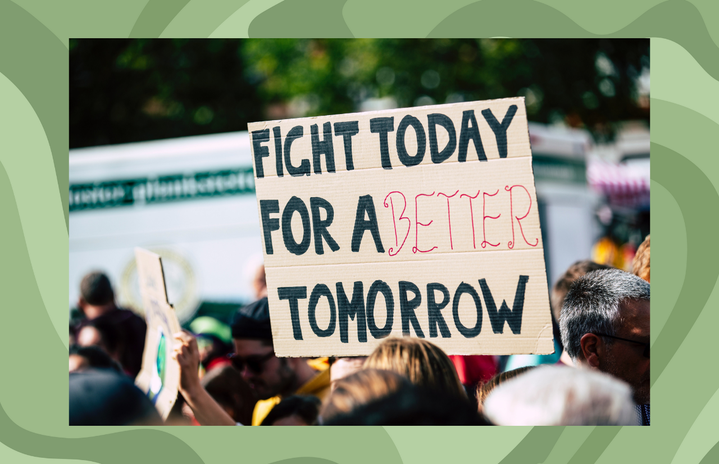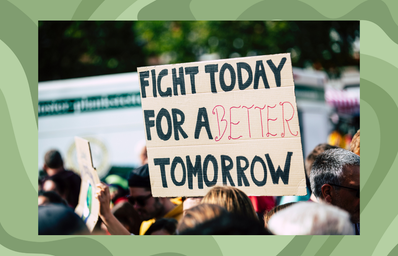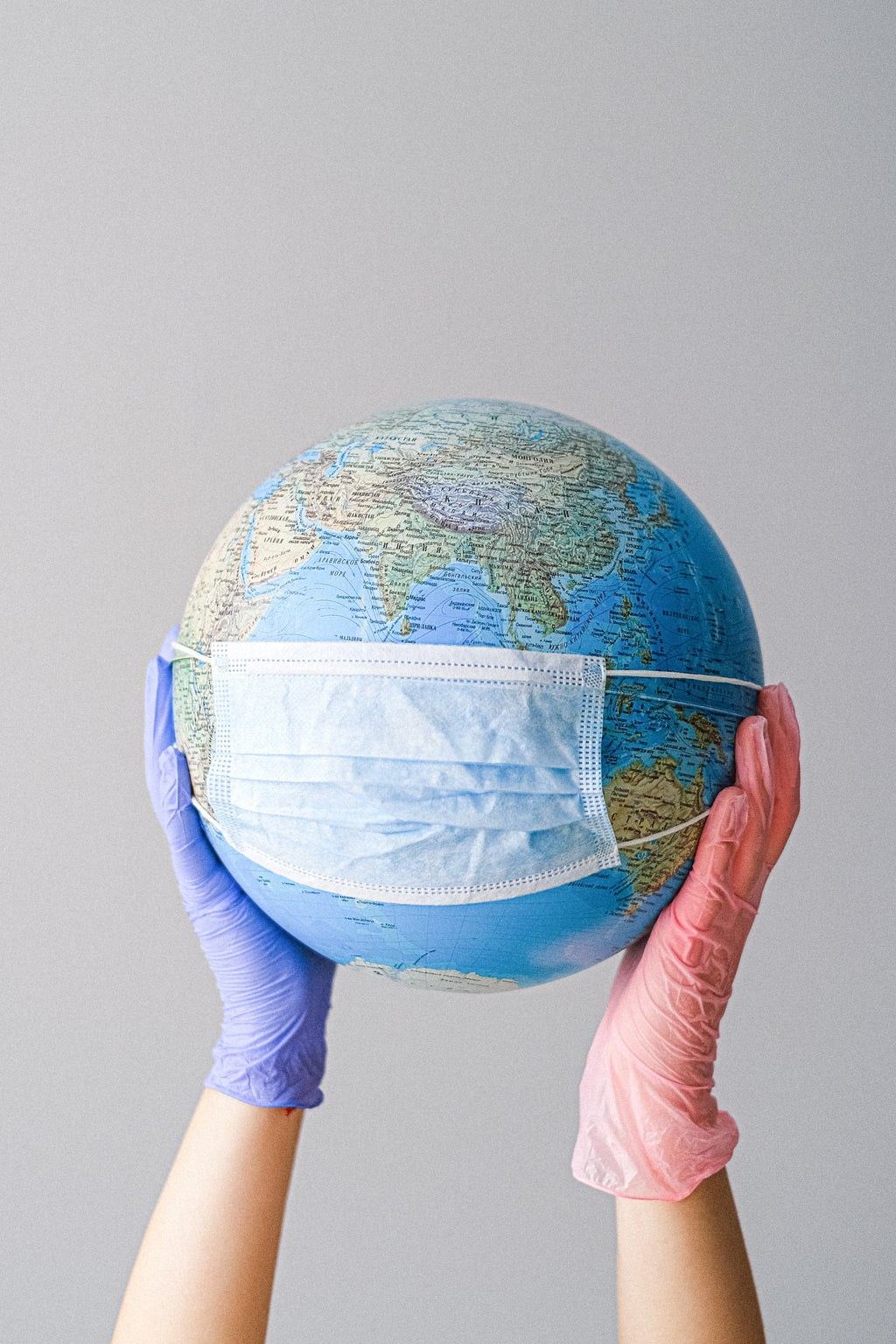The climate crisis has undoubtedly impacted the lives of many people around the globe. These widespread impacts are becoming increasingly more difficult to ignore. Although the climate crisis will impact us all, the disproportionate spread of resources can have significant impacts on already marginalized groups of people.
Climate change-related disasters have clear physical impacts on the environment. However, these environmental emergencies have clear socioeconomic impacts as well. Society is becoming more intertwined with the environment than ever before.
Due to increasingly common, higher-intensity natural disasters, the national blood supply in the United States has fallen around 25 percent since the beginning of August 2023, when Hurricane Idalia hit Florida. It is also reported by the Red Cross that a recent decline in blood donors has left Florida hospitals around 30,000 donations short of what they needed to keep up with the intake of patients due to the Hurricane.
This decrease in blood supply is also accelerated by the destructive nature of these natural disasters, such as Hurricane Idalia. When events such as hurricanes rampage through an area, many roads are left unusable due to debris. Not only do these closed roads impact the ability of residents to move out of the storm and into safer areas, they also impact the ability of emergency services to reach those in need of critical care. The Red Cross is simply unable to collect blood due to closed roads or other obstacles even after the blood has already been donated.
The bottom line is that many patients are unable to receive the critical care they need. Due to the unpredictability of the climate, once a natural disaster hits, hospitals and other emergency medical centers are simply left in the dark with no direction. They are unable to facilitate their regular duties and take care of their patients during environmental catastrophes.
Many hospitals are beginning to ask for optional and non-emergency surgeries to be postponed to conserve the blood supply during times of need. However, the line between emergency and non-emergency surgeries is becoming thinner and thinner. For people who are already sick, postponing or avoiding treatment can pose many complex issues for themselves and their loved ones.
For instance, these postponed surgeries could mean longer stays at the hospitals for patients and it could potentially worsen some of the non-emergent symptoms of these patients who are in elective surgeries and in some cases cause higher rates of necessary blood transfusions, thereby worsening the blood shortage. Additionally, postponing these elective surgeries may also backlog operations in the hospitals and further lengthen the blood shortage crisis.
Longer hospital stays are not only dangerous for the hospital and its resources but also for the patients, who may be forced to pay higher costs as a result. This phenomenon brings up another systemic issue in the United States: medical insurance.
Even though many people may have insurance through their work or pay for it out of pocket, this does not guarantee coverage. In a 2021 survey, nearly 60% of people reported difficulty with their insurance coverage. Of this 60%, 15% of them said their health insurance had been declined. Access to necessary care is becoming a more widespread issue, leading more and more people to have to choose between their safety and their wallet.
This is not the first time we have seen this severe decrease in blood donations in the United States. At the beginning of the pandemic, the number of blood donations dropped significantly around the nation because people were stuck in their homes for months. During the pandemic, many people stayed inside during these months meaning that there were not as many people who needed emergency surgeries. However, as Americans began to venture outside of their homes over the next several months, the number of surgeries increased but the amount of blood donations did not.
We are seeing a parallel in the state of our country in the immediate months after the pandemic and the state of our country now that climate emergencies are at the forefront of the attention of the media. We must use this media attention to our advantage. Society can no longer live in blissful ignorance.
The lack of access to sufficient medical care is being expedited by climate change. Although it may seem as though there is no solution, it starts at the bottom. As citizens, we must advocate for our neighbors and their needs. Working together to educate one another on what is going on in our world is the first step to help alleviate this situation. We must also use our civil voting rights to ensure that we have people in office who are passionate about keeping the environment and our world clean. We must also hold our elected officials accountable for their actions.
Even if someone isn’t being negatively affected by climate change, it is inevitable that someone related to them is being affected. By gathering together in solidarity, it will be possible to make meaningful steps toward a more equitable society, one climate catastrophe at a time.




